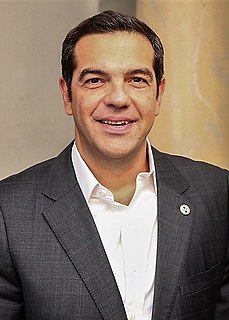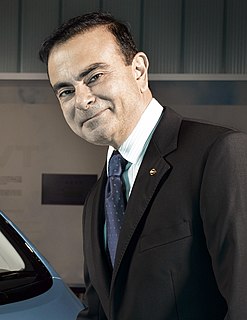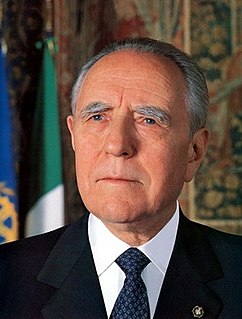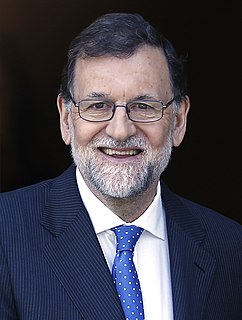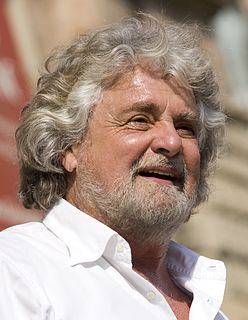A Quote by Robert Mundell
It's political glue inside Europe to keep it together - the euro is the best thing going for it since the creation of the common market.
Related Quotes
We [European countries] probably need to move forward together, each at their own speed. The faster ones, that could be the countries in the euro zone. The others would be those who are interested in the continued development of the common market, but reject the idea of an ever stronger political integration.
Europe is sort of like the Soviet Union in the '30s and '40s. There was an argument, is it reformable or not? There is a feeling, and I think it's correct, that the European Union, the eurozone, and the euro, is not reformable, as a result of the Lisbon treaties and the other treaties that have created the euro. Europe has to be taken apart in order to be put together not on a right-wing, neoliberal basis, but on a more social basis.
Thanks to the euro, our pockets will soon hold solid evidence of a European identity. We need to build on this, and make the euro more than a currency and Europe more than a territory... In the next six months, we will talk a lot about political union, and rightly so. Political union is inseparable from economic union. Stronger growth and Euorpean integration are related issues. In both areas we will take concrete steps forward.
Part of the concept of the euro zone was to establish a common market. The banks were going to bank across all their countries like we bank across states. But that concept got killed for a whole bunch of reasons that I won't get into. That was a good concept, by the way. It may yet return, because there are huge economies of scale in banking. That's another thing people don't quite get.
At the outset of the creation of the euro in 1999, it was expected that the southern eurozone economies would behave like those in the north; the Italians would behave like Germans. They didn't. Instead, northern Europe fell into subsidizing southern Europe's excess consumption, that is, its current account deficits.
This much is true: When we created the euro, it wasn't possible to create a political union along with it. People weren't ready for that. But since then, they've grown more willing to go in that direction. It's a process, one that is sometimes laborious and sometimes slow. But it's important to keep the populations involved.

